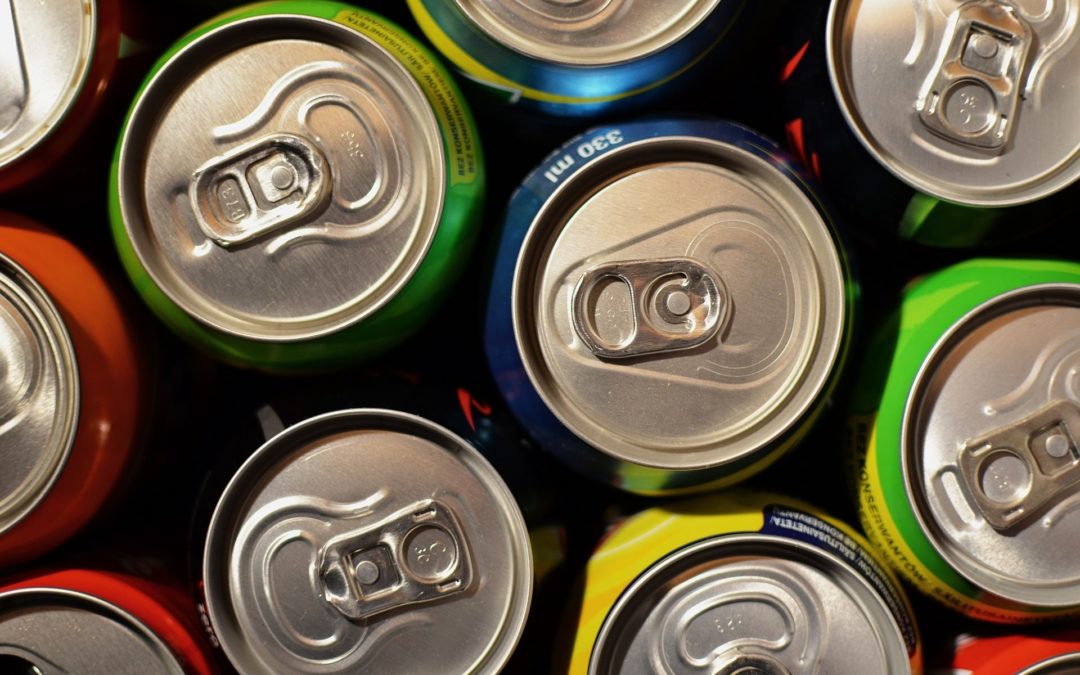Poland’s health ministry unexpectedly introduced legislation on Friday to add an extra tax on sugary drinks. The new charges would also apply to energy drinks, small bottles of alcoholic beverages, and advertising for dietary supplements.
The purpose of the bill is to “promote healthy consumer choices” and “use fiscal policy as a tool to combat overweightness and obesity”, explains the government, quoted by website Interia.
The proposed fees amount to an extra 0.20 zloty on the cost of an energy drink (containing caffeine, guarana or taurine), 0.80 zloty for most sugary drinks, and 1 zloty for bottles of alcohol that have contents of 300 ml or less. An additional 10% VAT will be charged for advertising dietary supplements on television and radio.
The ministry estimates that revenues will amount to around 3 billion zloty a year. Despite the stated purpose of the bill being to reduce the consumption of such products, the ministry forecasts that this level of revenue will remain constant over the next ten years, writes Gazeta Wyborcza.
Poland ranks sixth in Europe in terms of the prevalence of obesity, reports the newspaper, with up to a quarter of Poles affected. Among children, Poland has one of the fastest-growing rates of obesity, according to World Health Organisation Data. Almost 30% of Polish boys aged 11-15 and 14% of girls are overweight.
In justifying the new tax, the health ministry says that “chronic non-communicable diseases, including diabetes and obesity, pose a serious challenge to public health”. It is therefore important to “eliminate or significantly reduce the consumption of sweetened drinks and flavoured waters”.
The ministry also claims that Poles are consuming too many dietary supplements, and that “the promotion of health food is losing out to aggressive advertising of products not recommended in significant qualities in our diet”. Gazeta Wyborcza notes that sales of such products amounted to 5.4 billion zloty last year, with the market forecast to continuing growing by 5% annually.
Finally, the ministry warns that small bottles of alcohol – which are known colloquially as małpki (monkeys) in Polish – are a particular danger to the health of young people and the heaviest drinkers. It highlights the growing popularity of small bottles of vodka (which now make up a third of sales of the spirit), wine, and ready-mixed alcopops.
The countries in which alcohol consumption is most common among men, according to new study of 195 countries in @TheLancet. Poland is in fifth place.
Via @JOEdotie: https://t.co/8bE6bLm9yz pic.twitter.com/Aqx8cYjjex
— Notes from Poland ?? (@notesfrompoland) August 24, 2018
Such drinks have created completely new behaviours among drinkers, and especially women, says Krzysztof Brzózka, the former head of the state agency for tackling alcohol problems, in an interview with Gazeta Wyborcza.
“A woman drinking vodka was considered something bad,” says Brzózka, so “small-capacity [bottles] were invented to drawn them into drinking”. The vodka, which is often fruit-flavoured, “can easily be put into a handbag, where it cannot be seen”.
The ministry says that the revenue generated from the new tax on alcoholic drinks will be split 50-50 between the local authority where the sale takes place and the National Health Fund (NFZ). Of the fees on non-alcoholic drinks and advertising, 98% will go to the NFZ, while the remainder will be spent on enforcement of the tax.

Daniel Tilles is editor-in-chief of Notes from Poland. He has written on Polish affairs for a wide range of publications, including Foreign Policy, POLITICO Europe, EUobserver and Dziennik Gazeta Prawna.




















